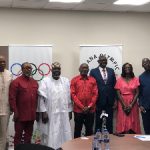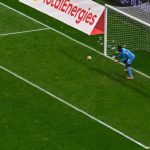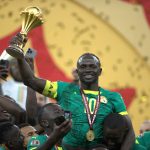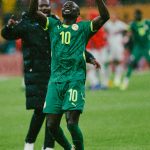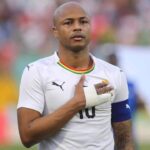Former Kenyan prime minister and veteran opposition leader Raila Odinga has died in India at the age of 80, ending an era of one of Kenya’s most influential and enduring political figures, who who made five unsuccessful presidential bids
Mr Odinga collapsed during a morning walk on Wednesday and was rushed to Devamatha Hospital in Kerala State, where he was pronounced dead after suffering cardiac arrest. Medical staff were unable to revive him, the hospital confirmed.
His death has sent shockwaves through Kenya and beyond. President William Ruto was amongst mourners who gathered at Mr Odinga’s Nairobi residence, whilst Indian Prime Minister Narendra Modi paid tribute on social media, describing him as “a towering statesman”.
Although Odinga came from a famous Kenyan family, the political crown eluded him throughout his decades-long career – just as it eluded his father, who served as vice-president after independence from the UK.
Mr Odinga ran for Kenya’s presidency five times over three decades but never secured victory, despite coming agonisingly close. Yet his influence on Kenyan politics proved enormous, with many crediting him as a driving force behind the country’s transition from single-party rule to multiparty democracy.
The 2007 election that turned violent
Mr Odinga’s political career peaked during the 2007 presidential race. Drawing massive crowds and uniting diverse ethnic groups, he challenged incumbent Mwai Kibaki in what became Kenya’s closest-ever election.
Official results gave Mr Kibaki 46% against Mr Odinga’s 44% – a margin so narrow that even the electoral commission chairman later admitted he couldn’t confirm the outcome’s accuracy. Mr Odinga’s supporters rejected the result immediately.
What followed devastated Kenya. Ethnic violence erupted across the nation, with communities attacking each other along tribal lines. Hundreds died within days, shattering Kenya’s image as a stable democracy. Although Mr Odinga himself wasn’t accused of inciting violence, the bloodshed prompted International Criminal Court investigations into other politicians, including future presidents William Ruto and Uhuru Kenyatta. Those cases ultimately collapsed.
International mediators eventually negotiated a power-sharing arrangement that saw Mr Odinga appointed prime minister in a unity government – a position he held whilst continuing to harbour presidential ambitions.
Prison, exile and activism
Born on 7 January 1945 in Kisumu on Lake Victoria’s shores, Raila Amolo Odinga was the son of Jaramogi Oginga Odinga, Kenya’s first vice-president. After studying engineering in East Germany, he returned home in the 1970s, teaching at the University of Nairobi whilst building several businesses, including a profitable gas cylinder enterprise.
The 1980s transformed him into a political activist opposing President Daniel arap Moi’s authoritarian regime. In 1982, he was implicated in a failed military coup, though he consistently denied advocating violence. Despite treason charges being dropped, he spent much of the following decade imprisoned under harsh conditions he later described as including torture.
After his release, Mr Odinga briefly fled to Europe in 1991 before returning to win a parliamentary seat in 1992, representing a Nairobi constituency. His opposition politics resonated with Kenyans frustrated by corruption and poverty.
Relentless pursuit of power
Odinga was seen as the political heir to his father, Jaramogi Odinga, who was Kenya’s first vice-president after independence, but walked out of the government in 1966 after falling out with then-leader Jomo Kenyatta, whose son, Uhuru, went on to become president after the advent of multi-party democracy in the East African nation.
After 2007 crises, Odinga took the post of prime minister in a coalition government, after mediation talks led by former UN chief Kofi Annan. But his relationship with Kibaki was marred by what he called “supremacy wars”.
Mr Odinga contested the presidency again in 2013, 2017 and 2022, each time losing amid claims of electoral fraud. His 2022 defeat to Mr Ruto, despite support from outgoing President Kenyatta, triggered fresh street protests.
“If a regime is undemocratic, if a regime does not enjoy legitimacy, the people are justified to resist that regime,” he told the Associated Press in 2017, defending civil disobedience as a constitutional right.
Even in recent months, his ambitions remained undimmed. He unsuccessfully pursued the chairmanship of the African Union Commission earlier this year as he lost the race to Djibouti’s foreign affairs minister.
In a surprising political reconciliation, Mr Odinga recently signed an agreement with President Ruto that brought his opposition party into government, with members appointed to cabinet positions.
He is survived by his wife, Ida and children Fidel Odinga, Winnie Odinga, Rosemary Odinga, Raila Odinga Jr.


